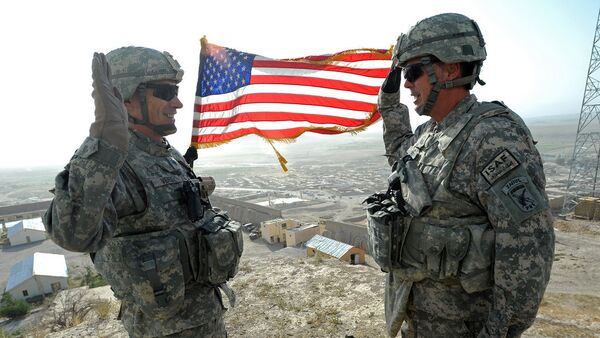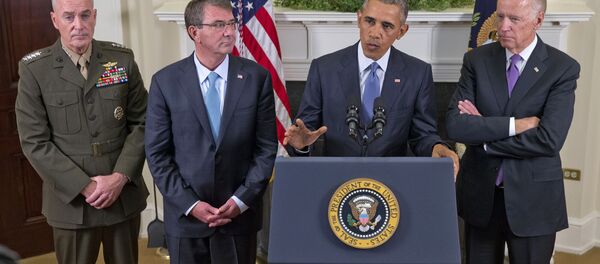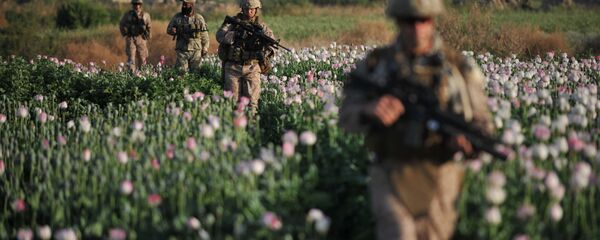Some 8,400 US troops are scheduled to remain deployed in Afghanistan until 2017, three thousand more than initially announced, Obama stated Wednesday. Speaking from the White House, the president explained that the change was occasioned by the “precarious security situation” in Afghanistan and claimed that the mission will focus on training local forces.
“The 2012 withdrawal of forces from Iraq resulted in the rise and spread of [Daesh]. It’s important that America works to prevent a new spiral of chaos.”
Afghanistan has been targeted by several extremist groups, Kemp stated, including the “continuously resurging” Taliban, Daesh and al Qaeda, which all “continue to degrade the security situation” in the country. Violent religious extremists threaten the Kabul government and regional governments, as well as the West, Kemp claimed, declaring that the only resolution to the ongoing violence in the country is to wage a full-scale war.
“You cannot deal with it without sufficient forces,” he asserted, suggesting that there are “too many restrictions on American allied forces in Afghanistan.”
Kemp claimed that a fear of “inflicting civilian casualties” by the US military is a “misjudgment.” He said that Western democracies are careful to obey regulators like the United Nations Security Council, that, in his opinion, can hamper efforts to counter global extremism.
“When the enemy is fighting within the civilian population then you either accept you are not going to be able to defeat the enemy, or you accept that you have to kill, unfortunately, some civilians in the process.”
Some officials within the US establishment have criticized Obama's move, saying it will do nothing to address a deteriorating security situation in Afghanistan. These trends are unlikely to reverse, Kemp said. “I think [Obama] realizes he doesn’t have time to resolve the situation,” he said, predicting that the ongoing, longterm Afghanistan conflict will be handed over to the next US president.






